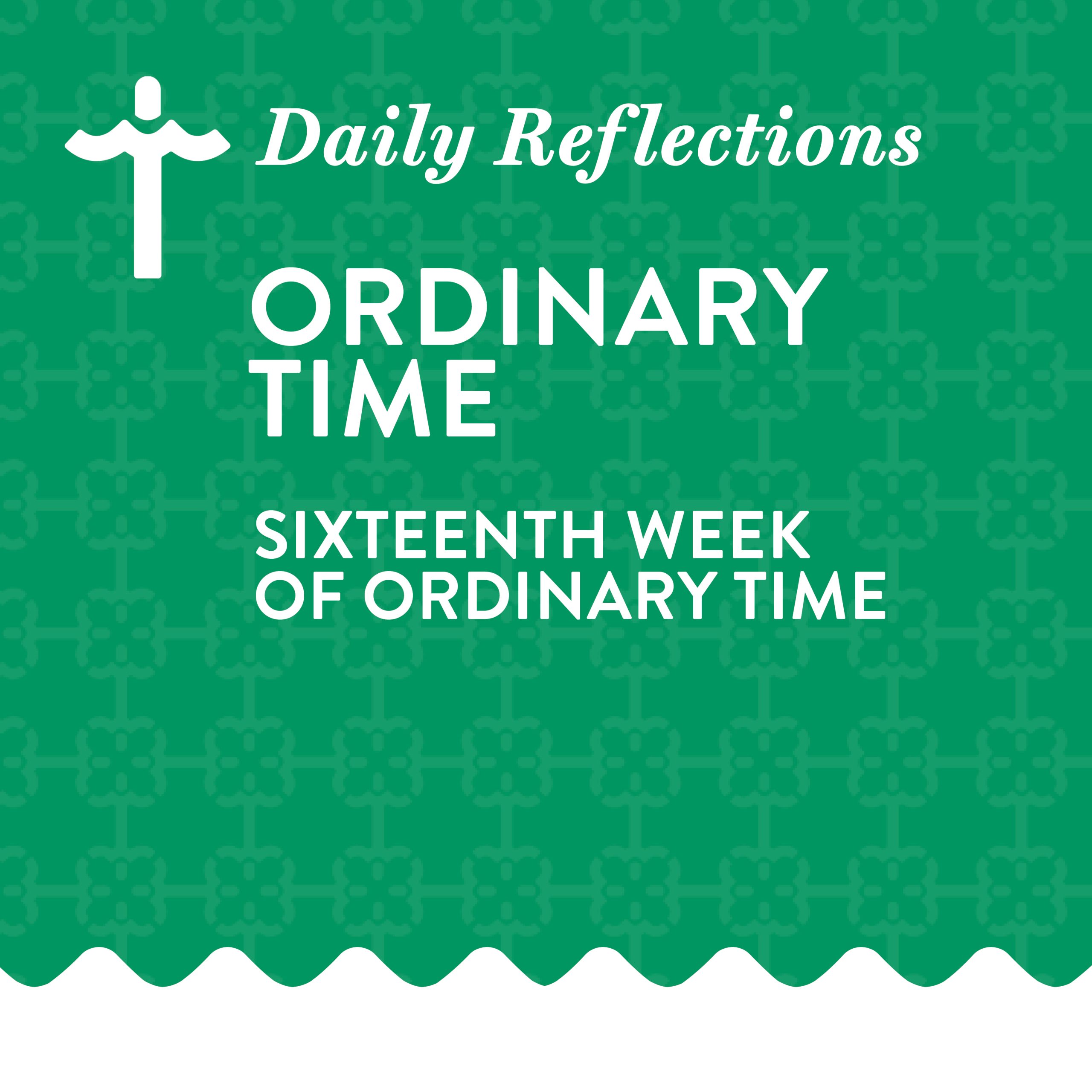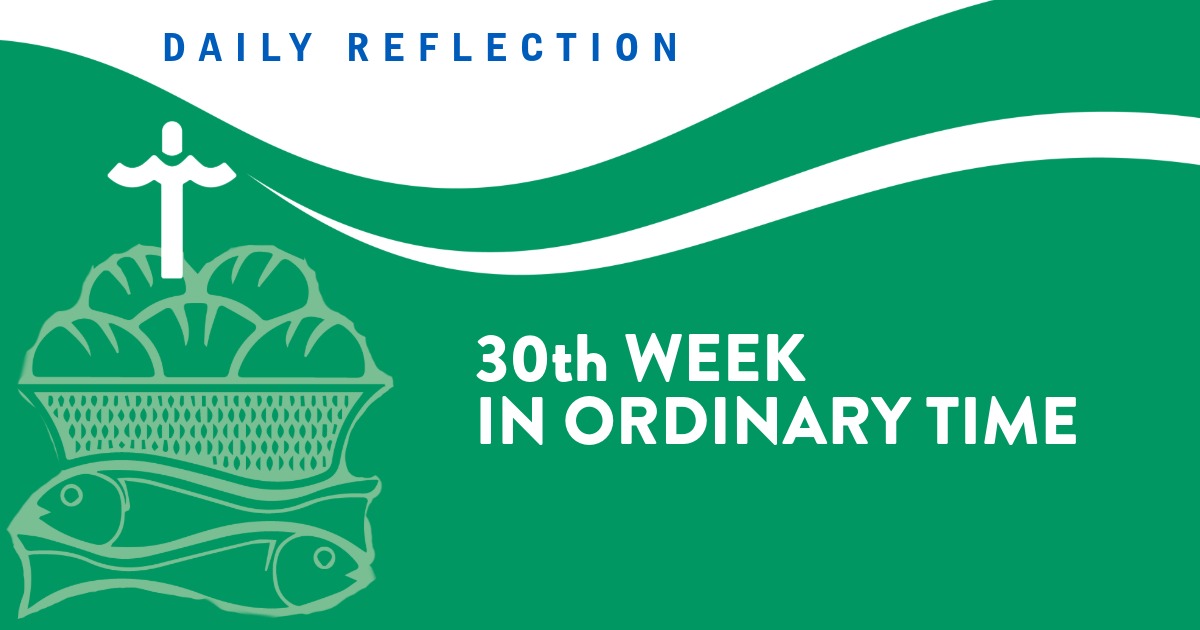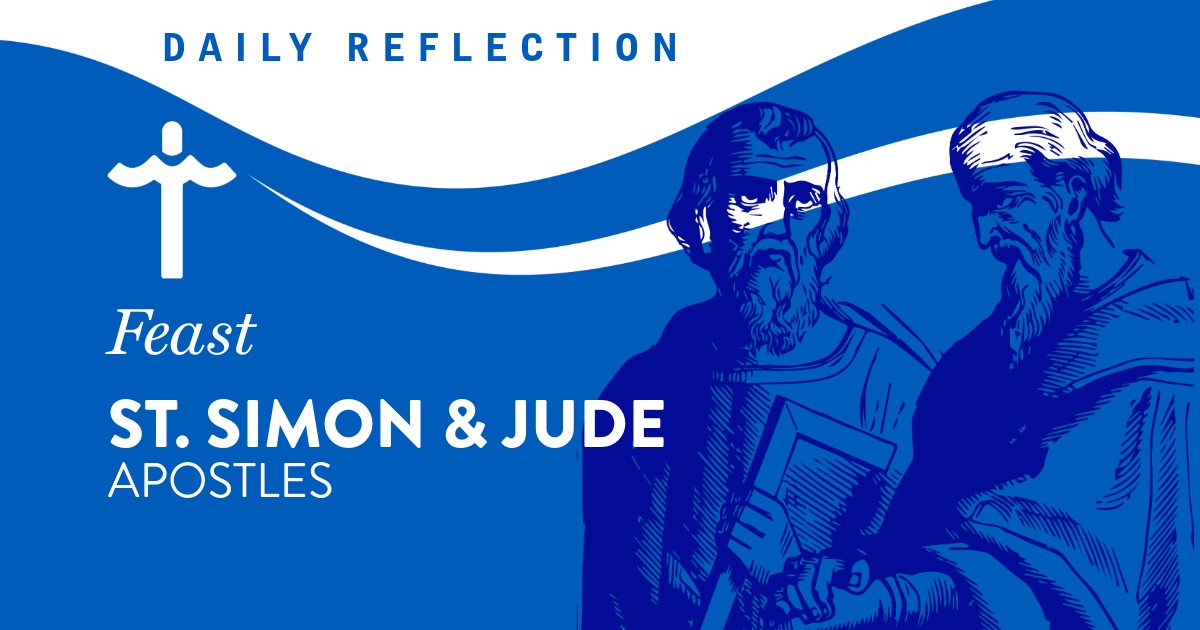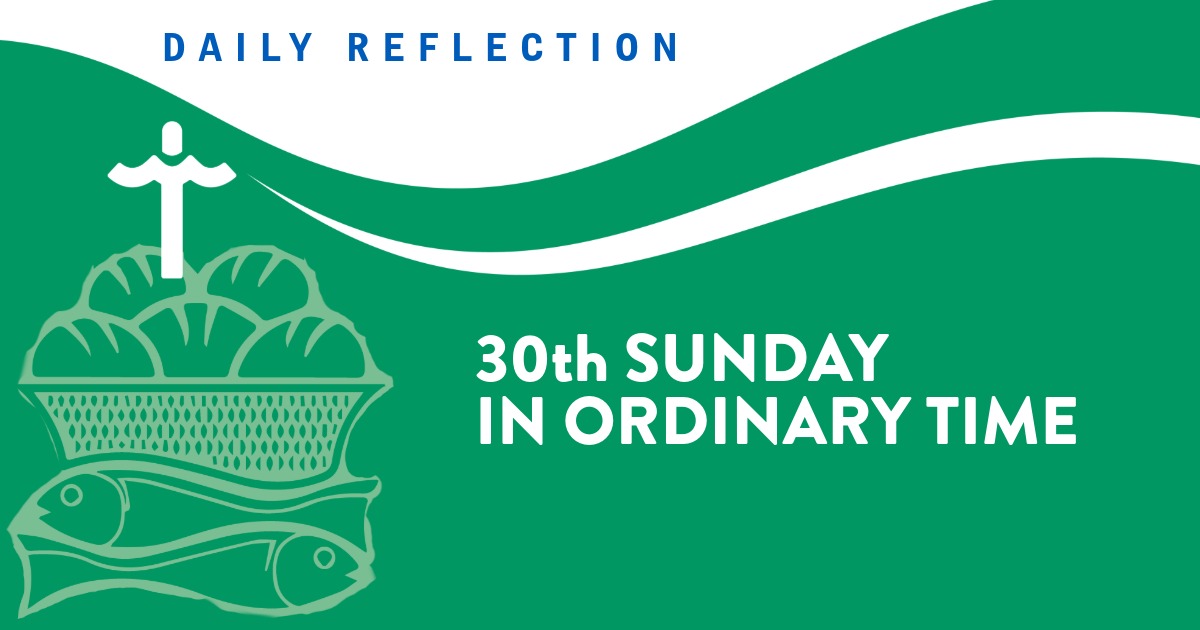Feast of Saint Bridget, Religious
The Responsorial Psalm declares: “The Lord gave them bread from heaven” (Psalm 24). How does God do this?
Exodus 16: 1-15 may tell us where the word we translate as “daily bread” in the Our Father came from. It was apparently coined by the Christians, as it is not found anywhere else in Greek. Fr. Ray Brown’s analysis concludes it means “future bread” or “bread of the morrow” (New Testament Essays, Bruce; 1965), like the manna that God promised to give his people “in the morning,” and of which they were to gather only a “daily portion,” enough for each day.
In the Gospels the expression “to give bread” only occurs in a Eucharistic context (John 6; Matthew 14:22; Mark 8:6; Luke 24:30 and the post resurrection meal in John 21:13). Jesus called himself the true bread from heaven that gives eternal life (John 6: 30-58). So “daily bread” is a petition asking God to give us “today” the bread of the eschatological banquet, the bread of the wedding feast, Jesus himself (see Matthew 8:11; 22:2; 25:10; Luke 6:21; 14:15; 22: 29-30; Revelation 19:9). The current General Instruction of the Roman Missal (no. 81) says that “in the Lord’s Prayer, daily food is prayed for, which for Christians means preeminently the Eucharistic bread” — which is a preview and eschatological pledge of participation in the “wedding feast” and of eternal life.
Christian ministry is all about giving Jesus to people — not just doctrine, morality, or even the support of community, unless in and through these we give each other the experience of the living Jesus present among us, nourishing us with word and sacrament. “Give us today the bread of tomorrow. Let us experience Jesus in our lives now.”
In Matthew 13: 1-9 Jesus reflects with sadness on people’s failure to receive the life-giving seed of his words. We have already seen what keeps Jesus’ words from growing in our hearts. What should motivate us to work against these obstacles in ourselves and in our ministry to others?
It is the fact that his words are life. Jesus is the “bread of life” in a “twofold sense”: both as the Eucharist and “as the incarnate teaching (Word) of the Father.” Eucharist should never be separated from reading and reflecting on Christ’s words. “The Lord gave them bread from heaven,” but we must digest this bread on earth by using our human faculties daily — memory, mind, and will —to receive the “daily bread” of Jesus giving himself through words as well as sacraments. At its root, all Christian ministry is a “ministry of the word.”
Initiative: Be a priest. Absorb, live, communicate God’s lifegiving word.
— Fr. David M. Knight
View today’s Mass readings, Lectionary #397, on the USCCB website here
Fr. David M. Knight (1931-2021) was a priest of the Diocese of Memphis in Tennessee, a prolific writer, and a highly sought after confessor, spiritual director, and retreat master. He authored more than 40 books and hundreds of articles that focus primarily on lay spirituality and life-long spiritual growth.





0 Comments